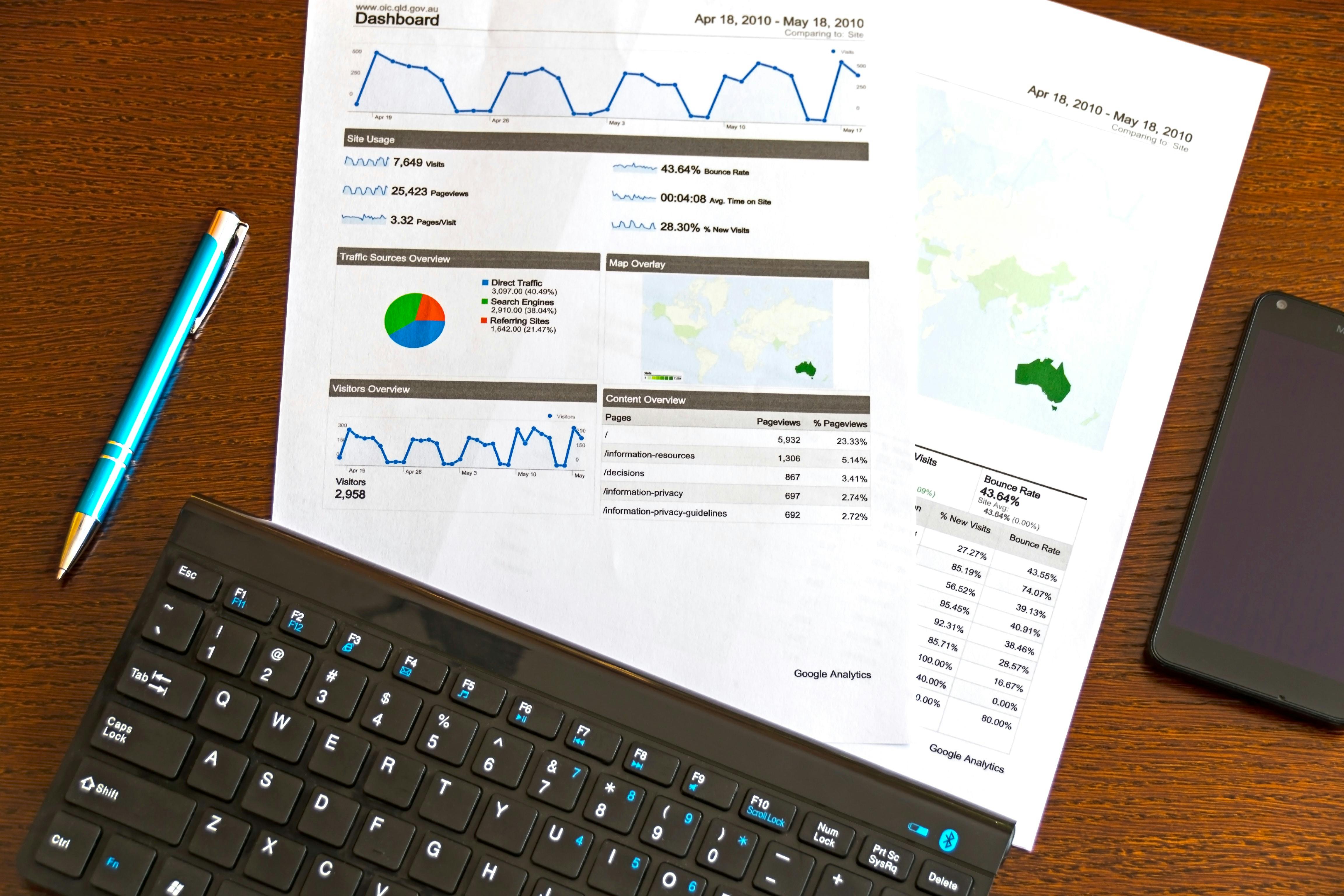Table of contents
“You can have data without information, but you cannot have information without data.”
Introduction to Big Data and Analytics
Big data refers to the vast amounts of data that are generated by individuals and organizations every day. It includes both structured and unstructured data from a wide range of sources such as social media, internet searches, customer transactions, and sensor data. Analytics is the process of examining data to extract insights and patterns that can be used to improve business operations or create new products and services. Big data analytics involves using advanced techniques to analyze large and complex datasets.
Big data differs from traditional data in several ways. First, big data is generated at a much higher volume, velocity, and variety than traditional data. Second, big data often includes unstructured data, which is difficult to analyze using traditional methods. Finally, big data requires advanced technologies and tools to store, process, and analyze.
Use Cases of Big Data and Analytics
Big data and analytics have transformed many industries, including healthcare, retail, finance, and entertainment. In healthcare, big data is used to improve patient outcomes by analyzing electronic health records, clinical trial data, and genomics data. In retail, big data is used to personalize customer experiences by analyzing purchase histories and browsing behavior. In finance, big data is used to detect fraud, manage risk, and optimize investment strategies. In entertainment, big data is used to optimize content delivery and personalize recommendations.

Companies are using big data to gain competitive advantages by improving customer experiences, reducing costs, and streamlining operations. For example, Amazon uses big data analytics to personalize recommendations and improve the customer experience. Walmart uses big data to optimize supply chain operations and reduce costs.
The Role of Cloud Computing in Big Data and Analytics
Cloud computing is driving big data analytics by providing scalable and cost-effective storage and processing capabilities. Cloud providers like Amazon Web Services (AWS) and Microsoft Azure offer a range of services that allow organizations to store and process large datasets without the need for expensive hardware or infrastructure.
The benefits of migrating to the cloud include scalability, flexibility, and cost savings. However, there are also challenges associated with cloud migration, such as security, data governance, and integration with existing systems.
Data Governance in Big Data and Analytics
Data governance plays a critical role in ensuring the quality, security, and privacy of the data used in analytics. It involves establishing policies and procedures for managing data throughout its lifecycle, including data acquisition, storage, processing, and analysis.
Best practices for data governance include establishing a data governance framework, defining data quality standards, and implementing data security and privacy controls. Compliance with regulations such as GDPR and CCPA is also important for ensuring data privacy and security.
Big Data and Analytics Skills
Working in big data and analytics requires a range of skills and competencies. Programming languages like Python and R are essential for data analysis and machine learning. Database technologies like Hadoop and SQL are used for storing and processing large datasets. Statistical modeling techniques like regression analysis and decision trees are used for predictive analytics.

Training and certification options are available for people looking to enter the field, including online courses, boot camps, and certification programs. In addition to technical skills, soft skills like communication, problem-solving, and teamwork are also important for success in this field.
Big Data and Analytics Tools and Technologies
There are many tools and technologies available for big data analytics. Apache Spark is a popular open-source platform for large-scale data processing. Tableau is a data visualization tool that allows users to create interactive dashboards and reports. Google Analytics is a web analytics tool that helps organizations understand website traffic patterns and user behavior. Other widely used tools and technologies include Hadoop, Python, R, SAS, and Microsoft Power BI.
Apache Spark is a distributed computing framework that enables fast, in-memory data processing. It can handle large volumes of data and run complex computations in parallel, making it ideal for big data analytics. It also supports various programming languages, including Java, Python, and Scala.
Tableau is a data visualization tool that allows users to create interactive dashboards and reports from multiple data sources. It offers drag-and-drop functionality and a user-friendly interface, making it easy to use for non-technical users. Tableau also provides a wide range of visualization options, such as bar charts, scatter plots, and heat maps.
Google Analytics is a free web analytics service that provides insights into website traffic, user behavior, and marketing effectiveness. It allows users to track various metrics, such as page views, bounce rates, and conversion rates and provides real-time reports and custom dashboards.
Other commonly used tools and technologies include Hadoop, a distributed computing platform for processing large datasets; Python and R, programming languages used for data analysis and modeling; SAS, a suite of software products for statistical analysis and predictive modeling; and Microsoft Power BI, a business analytics service for creating interactive reports and dashboards.
Big Data and Analytics Career Opportunities
The field of big data and analytics offers a wide range of career opportunities, including:
Data Scientist: A data scientist is responsible for collecting, analyzing, and interpreting large datasets using statistical and machine-learning techniques. They also design and develop predictive models to help organizations make data-driven decisions.
Business Analyst: A business analyst is responsible for analyzing business data and providing insights to improve operational efficiency and drive growth. They also identify trends and patterns in data to help organizations make informed decisions.

Data Engineer: A data engineer is responsible for designing and building data pipelines to collect and process large datasets. They also develop and maintain data storage systems and ensure data quality and integrity.
Data Architect: A data architect is responsible for designing and implementing data management solutions that meet an organization's business requirements. They also ensure data security and privacy and develop data governance policies and procedures.
The demand for professionals in the field of big data and analytics is growing rapidly, with a predicted shortage of over 1.5 million professionals by 2020. Salaries in this field are also highly competitive, with data scientists and data engineers earning an average of $117,000 and $110,000 per year, respectively.
Conclusion
In conclusion, big data and analytics have become essential tools for organizations looking to gain a competitive advantage in today's data-driven world. The ability to collect, process, and analyze large volumes of data can help organizations make informed decisions and improve operational efficiency.
The field of big data and analytics also offers a wealth of career opportunities for professionals with the right skills and expertise. As technology advances and more data becomes available, the field of big data and analytics is expected to grow and evolve rapidly, creating even more opportunities for those with the right skills and expertise.
At Cling Multi Solutions, we use the latest technologies to deliver high-end products tailored to your specific needs. Whether you need custom app development, web design, ERPs, or digital marketing, our team of experts is committed to helping your business grow and succeed. Contact us at clingmultisolutions.org, +918264469132, or info@clingmultisolutions.org to learn more about how we can help you achieve your goals.

